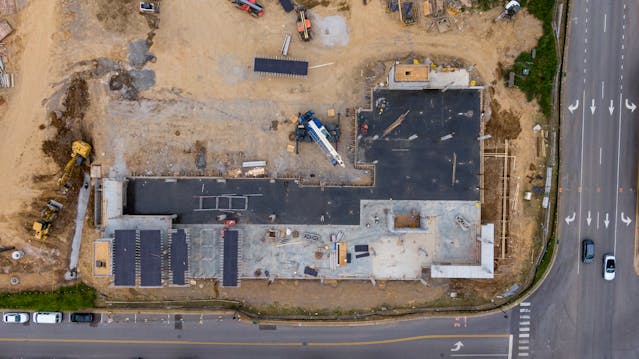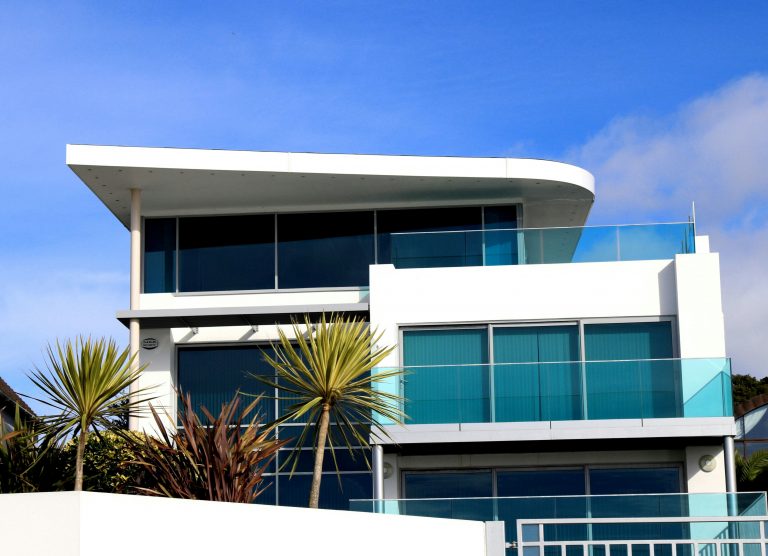


If you’re looking for AC install tips, you’ve come to the right place. Whether you’re adding AC to a forced air system in a home or commercial building, you’ll want to make sure the job is done right. Adding central air and heat to an old home or office buildings takes work, but proper preparation can improve the overall outcome.
First off, installing an HVAC system will help ensure the comfort of your employees, customers, or family members. This could help boost productivity at work and cool down tensions at home. When it comes to comfort, the right AC and heating system can go a long way at home and in the office too.
By adding AC to an existing furnace or using another setup, you might also protect your business products, furniture, and more. Heat and humidity can quickly ruin your property, including computers, TVs, and other electronics.

In fact, the right HVAC cooling and heating system could even protect your commercial lease or help you get the most out of your home when you sell it. Ultimately, adding central air to a house without ducts or with ducts can benefit your finances in the long run while ensuring comfort today.
Business owners make a lot of planning and design decisions. They must decide how large the business space needs to be for optimal work productivity. They have to make decisions surrounding the layout of the business, carefully placing offices and manufacturing rooms. Finally, a business owner has to equip the office with the most efficient of appliances, such as the heating and cooling systems. These heating and cooling systems affect many different aspects of the business.
The comfort of employees and customers
The most obvious advantage of good heating and cooling systems in a commercial setting is for the comfort of both the employees and the customers. Employees that are not comfortable are less likely to show up to work and when they do, are less productive. Customers may choose not to return to a business that does not have efficient heating and cooling. Improper heating and cooling installation and not choosing the appropriate size of HVAC unit can both contribute to poor temperature control.
The protection of business products
Some types of business products require careful temperature control. For example, manufacturing rooms are often temperature controlled to protect the condition of the manufacturing equipment. Furthermore, if the product served is temperature resistant, a good HVAC unit is needed. Food items, specifically, have strict temperature controls to prevent spoilage and food waste. High efficiency air conditioning services are needed in businesses that produce, manufacturer, and sell food items. While only two thirds of homes in the United States have air conditioners, more businesses are required to have them.
To protect commercial leases

Many businesses lease out their business spaces. They do not want to purchase a commercial building until they have a better idea of their business growth or success. When a business leases a space, they are required for keeping that space in good working order. This means protecting all aspects of the business. Heating and cooling systems are needed for more than comfort. Failing to properly install heating, for example, can cause the plumbing system of a building to break. Causing too much damage to the plumbing system can result in extremely costly repairs and damages.
To protect the bottom line
Businesses share one common goal, to make money. A great product or service in demand is step one in making money. Step two requires business owners to become aware of and reduce operating costs. Extremely high heating and cooling bills or lost air duct conditioning can significantly increase the operating expenses of a business, thus cutting into their bottom profit line. When a business owner properly prepares for their HVAC construction project, they are likely to see more affordable of utility expenses.
Choosing the right heating and cooling
When making business design decisions, it is important to choose the right heating and cooling system and the right commercial construction contractor. Both of these factors are needed for successful HVAC installation. A contractor improperly installing a high efficiency unit can negate the benefits of the unit. One of the most common problems found in HVAC units is improper duct work. Duct losses can account for more than 30% of energy consumption for space conditioning, a loss avoided with ductless mini split cooling and heating systems. Traditional ductwork can have cooling losses as high as 40%. It is important to carefully consider the construction industry expert and choose the right air conditioning unit.
Businesses owners make decisions with one goal in mind, to make money. This careful planning starts as early as the design and production of the work space. A work environment that is carefully laid out, has efficient HVAC services, and is aware of operating costs is much more likely to be successful. Choosing the right HVAC contractor and HVAC unit is an important part of ensuring business success.


